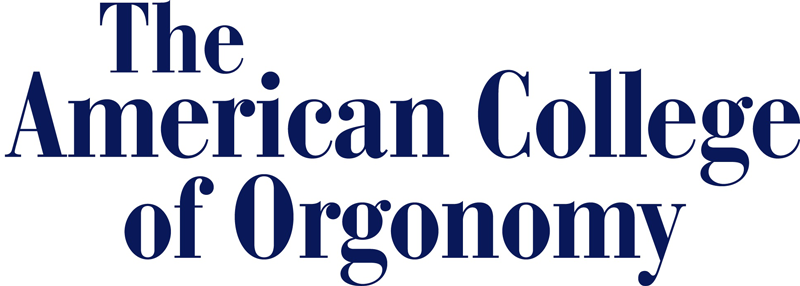Medical Orgonomy Training Program
The Medical Orgone Therapy training at the American College of Orgonomy offers advanced education for psychiatrists, focusing on integrating orgonomic principles to address emotional and psychological health through innovative and integrative therapeutic techniques.
The training program of the American College of Orgonomy is dedicated to providing its physician participants with a solid understanding of the theoretical foundation of medical orgone therapy and with the clinical skills necessary for the responsible practice of this unique form of bio-psychiatric treatment developed by William Reich, M.D., a student and colleague of Sigmund Freud. Medical orgone therapy provides a particularly effective treatment for many emotional illnesses, including some currently thought to be incurable. It is based on the knowledge that emotional problems are rooted in physical processes deeper than verbal psychology. Medical orgone therapy, therefore, integrates the best of the verbal techniques and character analysis, with somatic techniques that directly address muscular tensions and respiratory inhibition. By relieving characterological and muscular rigidity (both being types of armoring), it restores to the individual a more natural way of functioning. Dr. Reich, in the early 1950s, appointed Dr. Elsworth F. Baker to continue the training of medical orgone therapists. In 1968, Dr. Baker founded the American College of Orgonomy. One of its functions was (and is) to maintain the highest standards in the practice of this therapy. Toward this end, training is provided exclusively by medical orgone therapists who are psychiatrists and certified by both the American Board of Psychiatry and Neurology.
Our Training Program


As a psychologist, my training experience at the ACO has provided a uniquely broad and deep perspective regarding both individual and social human emotional functioning. I also have gained an appreciation for health – not just the absence of problems – which opens up important areas of focus in assisting my patients in therapy.
Dee Apple, Ph.D.

